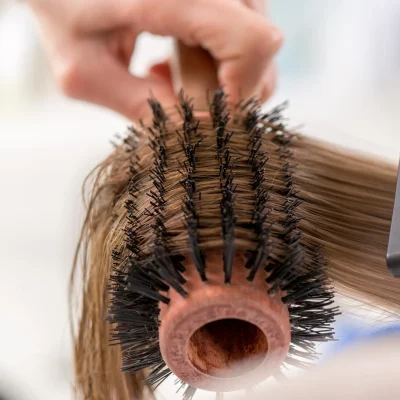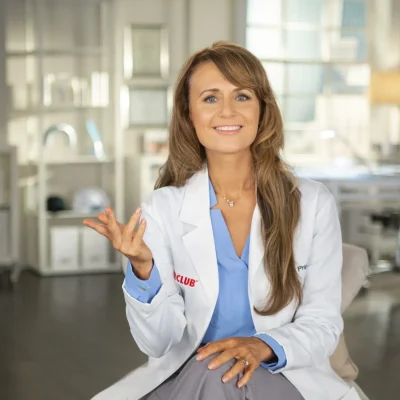Learn About Hair Loss | Womens Hair Loss
Understanding Hair Loss in Women
Get the Facts About Hair Loss in Women
We know women’s hair loss can devastate self-esteem and affect relationships and careers. We’ve been there. But there’s hope. Whether caused by genetic female pattern baldness, styling treatments, or medical conditions, knowing the facts can help you get your hair back.
of women will experience noticeable hair loss in their lifetime
of women start losing hair before the age of 40
of women with hair loss report depression

Female Pattern Baldness is a Thing Too
It’s a common misconception that only men experience genetic hair loss. However, female pattern baldness, or androgenetic alopecia, is also the most common cause of hair loss in women. For most women, a widening part, diffuse thinning all over, or bald patches are the first signs of hair loss.
If you think you are experiencing female pattern baldness, we can help you do something about it thankfully.
Come see a Certified Hair Loss Specialist to find out which of our cutting-edge solutions is right for you.
What Else Causes Hair Loss in Women?
Aging can cause hair to thin. Over time, more hair transitions into the resting phase of hair growth while the remaining hair becomes shorter and thinner. This process is called involutional alopecia.
Chemicals used in coloring, perms, and relaxers damage your hair and cause it to break, leading to an overall appearance of thinning.
Frequent use of heat-styling tools, such as blow dryers, curling irons, and straighteners, can damage your hair. Also, wearing tight styles like ponytails, braids, or buns for an extended time can lead to hair loss.
Certain prescription medications can trigger hair loss, including blood thinners, birth control, and medicines for heart problems, blood pressure, and depression.
Childbirth and menopause are common causes of hair loss due to hormone imbalances surrounding these events.
Numerous medical conditions can cause hair loss, including thyroid disease and autoimmune diseases like lupus.
Some chemotherapies and radiation therapies can cause your hair to fall out.
A lack of protein and iron in your diet can contribute to hair loss, as can eating disorders like bulimia and anorexia.
The information provided in this page is general in nature and widely available. All content is provided for informational purposes. The exact cause of hair loss can only be determined by a medical professional.

Take Our Hair Loss Quiz and See What’s Possible for You
Answer a few questions to get a quick assessment and set yourself up for a discussion with our Certified Hair Loss Specialists.
When did you first notice your hair loss?
Where Do You Fit on the Ludwig Scale?
To help women better understand their hair loss, Certified Hair Loss Specialists often refer to the Ludwig Scale, which shows how female pattern baldness progresses. This scale separates women’s hair loss into three levels based on severity.
Grade 1
Grade 2
Grade 3
A Difference You Can See and Feel
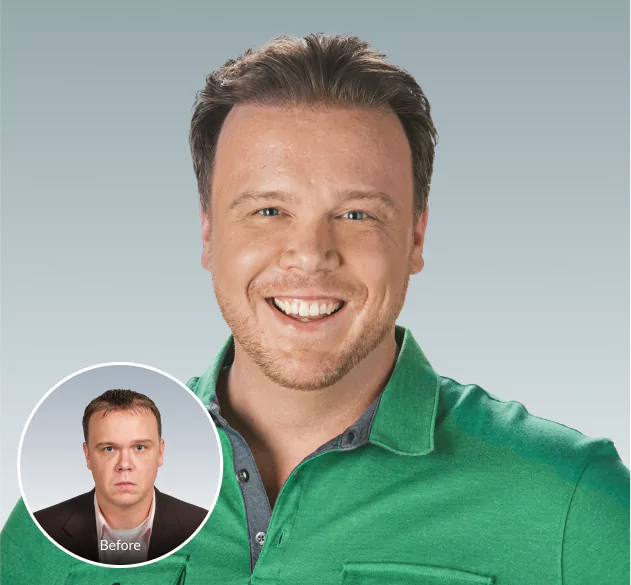
Finding Freedom and Confidence with Xtrands+®
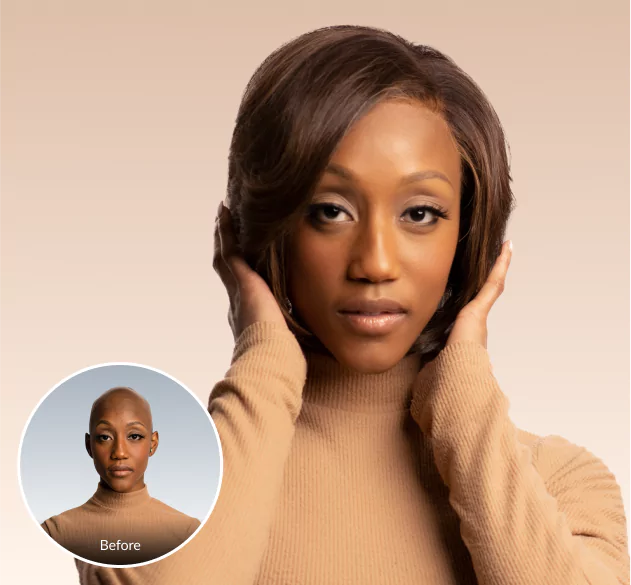
Supportive Care and a Hair Replacement Solution That Works
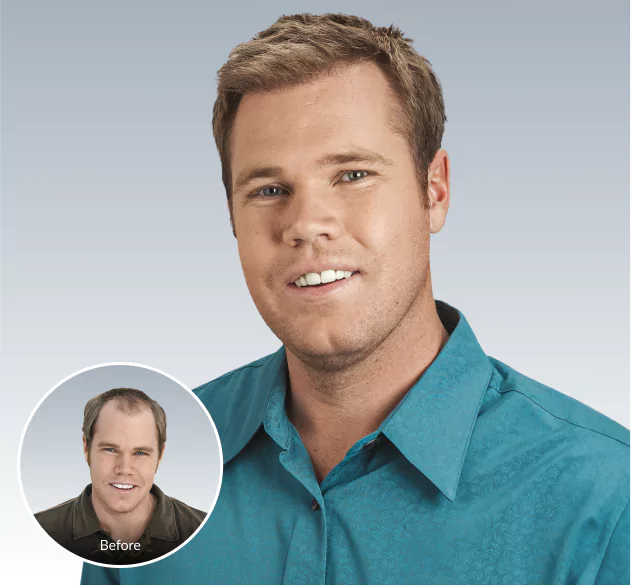
HairClub FAQs
The most common cause of hair loss in both men and women is androgenetic alopecia. This hereditary condition can come from either side of the family. Next, the most common cause of hair loss is aging. We take hair loss at any stage seriously because we see its negative impact on our HairClub® clients’ lives. We have good news. HairClub isn’t a grin-and-bear-it kind of place. We’re a smile-and-love-your-hair kind of place! Our proven solutions mean you don’t have to just accept hair loss. You are in control of your hair loss. It is not in control of you.
Hair loss doesn’t have to be overwhelming. HairClub is a place of shared experiences and specialized training in proven hair loss solutions. You don’t have to spend one more moment worrying about hair loss. Many of our compassionate, supportive Certified Hair Loss Specialists are also HairClub clients. More than 600,000 clients have chosen HairClub for their custom hair loss solutions for 46 years and counting. Now, it’s your turn. Get to know HairClub. Your first consultation is on us.
HairClub® celebrates all types of hair with solutions for everyone, no matter their age, ethnicity, hair type, or level of hair loss. We work with hair of every color, length, curl pattern, and texture. Because our team of Certified Hair Loss Specialists is trained in hair loss, they appreciate and understand the care required to prevent traction alopecia, a common form of hair loss in Black hair. For every stage of hair loss, HairClub has a solution for every hair type. African American HairClub clients love Xtrands+®, our hair replacement system that functions like your naturally growing hair.
Thinning hair is caused by a number of factors. They include genetics, age, poor nutrition, illness, and as a side effect from treatments for medical conditions. Having more than one contributing factor can cause more severe hair loss. Your HairClub® Certified Hair Loss Specialist can recommend the right solution for your stage and type of hair loss.
It’s perfectly normal for the average person to shed between 50 to 100 hairs a day. However, by the time you notice hair loss with the naked eye, the affected area is already experiencing as much as 50% hair loss. Consult your local HairClub® Center immediately at the first sign of hair loss to keep the hair you still have and prevent future hair loss. We can help you determine the level of hair loss and together find the best solution.
Get Our FREE Hair Loss Solution Guide
We can email you our guide with more info on our treatment options.


